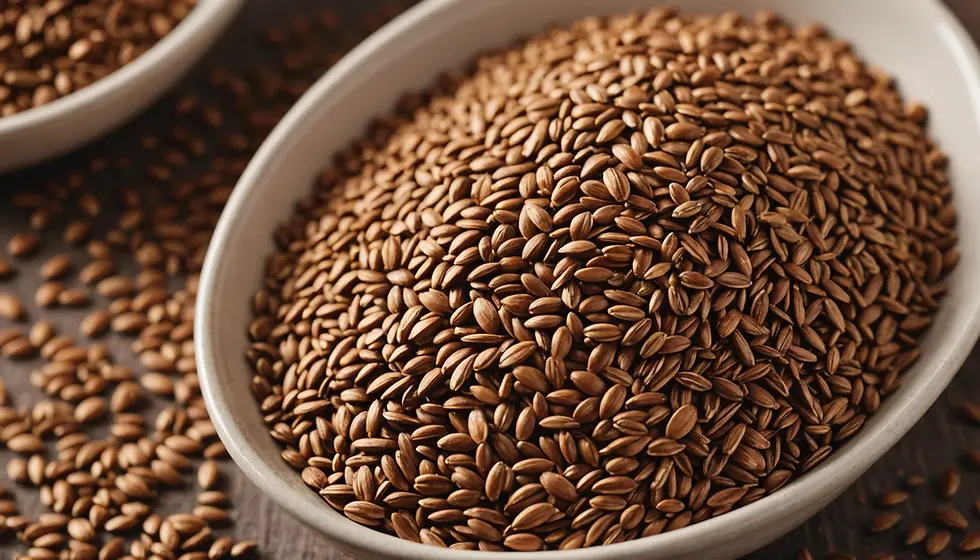🌟 5 Menopause No-No's: What Your Body Wishes You’d Stop Right Now
- My website
- Feb 4
- 3 min read
Menopause is finally getting the attention it deserves in the UK! 🌼 With Parliament discussing HRT accessibility and employers introducing menopause-friendly workplace policies, progress is being made. Yet, as an NHS consultant and founder of Menocare.org, I often see women unknowingly making choices that make this phase of life more challenging.
Here are five common menopause mistakes—and how to fix them!

1. Ignoring the Impact of Body Changes 🚫
💡 Menopause dramatically changes how your body stores fat. That stubborn belly fat isn’t just in your head—it’s real! Most women gain around 10kg (22 lbs) between ages 40 and 60. Beyond the weight itself, the shift to fat storage around your midsection (central adiposity) is significant because:
Fat around vital organs increases, raising the risk of metabolic syndrome.
Cardiovascular risks jump by up to five times after menopause.
Muscle loss contributes to a slower metabolism, and by age 50, women lose about 1–2% of their muscle mass per year unless exercise counteracts this.
What Works Instead:
✔ Track your waist-to-hip ratio: Above 0.85 suggests increased health risk.✔ Keep your waist circumference under 80cm (31.5 inches).✔ Use smart scales to monitor trends:
💰 Budget option: RENPHO Bluetooth Scale (£29.99)
📈 Mid-range: Withings Body Comp (£189.95)
2. Falling for Crash Diets ⚠

Crash diets can be tempting, but slashing calories too low (e.g., under 1,200/day) is dangerous! 🚗💨 This can:
Deprive your body of critical nutrients, especially calcium and vitamin D, essential for bone health.
Trigger muscle loss, which worsens the age-related decline already occurring.
This leads to weight regain, as restrictive diets are unsustainable.
What Works Instead:
🥗 Adopt a Mediterranean-style diet rich in lean protein, healthy fats, and whole grains. Aim for 1–1.2g protein per kg body weight (e.g., 70kg = 70–84g). Nourish your body—don’t starve it!
3. Ignoring Sleep Problems 💤
Struggling to sleep during menopause is common—60% of women report sleep disturbances such as insomnia, night sweats, or restless nights. Poor sleep exacerbates mood swings, fatigue, and even cardiovascular risks!

Follow the 10-3-2-1-0 Rule for Better Sleep:
10 hours before bed: No caffeine ☕
3 hours before bed: No heavy meals 🍴
2 hours before bed: No work 💻
1 hour before bed: No screens 📱
0 snooze button in the morning! ⏰
What Works Instead:
🌙 Create a soothing bedtime routine:
Keep your bedroom at a cool 18°C.
Use soft, breathable, 100% cotton bedding.
If sleep issues persist, consider CBT-I (Cognitive Behavioural Therapy for Insomnia), available via NHS services.
4. Skipping Vitamin D and Calcium 🌞
💡 In the UK, 1 in 2 women over 50 will experience an osteoporosis-related fracture during their lifetime. Additionally, vitamin D deficiency affects up to 70% of postmenopausal women in winter months. Without enough vitamin D and calcium, your bones become brittle, increasing your risk of fractures.

What Works Instead:
🌞 For Vitamin D:
April to September: Safe sun exposure (10–15 minutes/day).
October to March: Take a 10-microgram supplement daily.
📌 Popular options:
Holland & Barrett Vitamin D3 (£5.99 for 100 tablets)
Boots Vitamin D supplements (£4.50 for 90 tablets)
BetterYou D3000 Vitamin D spray (£8.99)
🦴 For Calcium: Aim for 700mg daily(or 400IU) NHS through:
Dairy (milk, cheese, yoghurt)
Leafy greens (kale, spinach) 🥬
Fish with soft bones (canned sardines, salmon, anchovies, pilchards) 🐟
Fortified plant milks 🥛
5. Going It Alone 🤝
Here’s the good news: Hormone Replacement Therapy (HRT) can reduce hot flushes and night sweats by 70–90% and lower the risk of osteoporosis by 30–50%. Yet, many women hesitate to seek help, often battling symptoms like mood swings, weight gain, and sexual health issues in silence.
What Works Instead:

💡 Specialist menopause care offers:
In-depth hormone assessments and personalised treatment plans.
Transdermal HRT options reduce the risks of blood clots compared to oral formulations.
Support for lifestyle changes to combat weight gain and mood swings.
At Menocare.org, we provide comprehensive virtual care that complements NHS services.
Ready to Take Control? 💪
Your menopause journey deserves specialist attention. At Menocare, we help you thrive—not just survive—through:
Initial 45-minute consultations to explore your symptoms and menopause journey
Personalised treatment plans tailored to your exact needs.
Lifestyle coaching to support long-term health.
📞 Connect with Us:
🌐 Website: www.menocare.org
📅 Book a consultation via our booking line
📱 Follow us on: [Facebook | Instagram]
Let’s rewrite your menopause story—because you deserve to feel your best every step of the way! 🌟




Comments